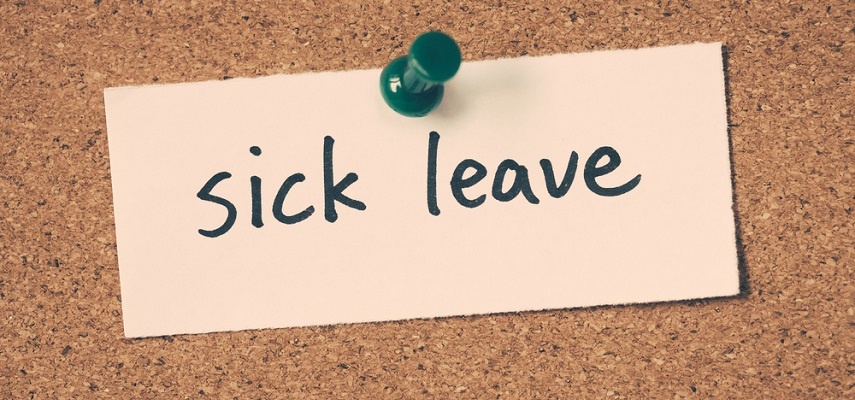As an employer, you have a lot to think about for your employees. You want to make sure they’re happy and productive, but you also have to be mindful of compliance and managing costs. One area that can be tricky to navigate is sick leave. There are a lot of myths and misconceptions out there about employees’ sick leave, and it can be challenging to know what’s true and what’s not. This guide will clear up some of the confusion surrounding employees’ sick leave.

What is employees’ sick leave?
Employees’ sick leave is time off from work that employees can take when they are ill. It is paid time off in most cases, but some exceptions are. Employees’ sick leave can be used for various reasons, including doctor’s appointments, staying home to care for a sick family member, or recovering from an illness or injury.
It’s important to note that employees’ sick leave differs from vacation time, personal time, and bereavement leave. Vacation time is time off that employees can take for leisure or personal reasons. Personal time is typically used for errands or appointments that one can’t do during work hours. Bereavement leave is time off that employees can take when a loved one dies.
How much sick leave do employees get?
The amount of sick leave that employees get varies from company to company. Some companies offer a set number of days that employees can take, while others allow employees to accrue sick days based on how many hours they work. In some cases, employees may be able to carry over unused sick days from one year to the next.
What are the rules for taking sick leave?
The rules for taking sick leave vary from company to company, but there are some general guidelines that employers typically follow. For example, most employers require employees to give notice before taking sick leave. This allows the employer to make arrangements for coverage and avoid disruptions in the workplace.
Employees may also be required to provide a doctor’s note or other documentation when taking sick leave. This ensures that the employee is ill and not abusing the system. Some employers require employees to use up all their vacation days before taking sick leave, while others allow them to take sick leave.
However, as an employer, there are things you cannot do. For example, you cannot require employees to find their coverage when they are out sick. You also cannot refuse to give employees time off when they are ill. Although asking why an employee is taking sick leave is common, you cannot require them to disclose their diagnosis. Additionally, you cannot show any retaliation against an employee for taking sick leave.
How Should You Respond to An Employee Calling in Sick?
This has to be one of the biggest challenges for any employer since you can quickly get it wrong. Should you ask when they plan to report back to work? Should you tell them to hurry up and get well? This is a gray area that can quickly become an HR issue if not handled well. The key is to avoid prying too much into your employee’s personal life and focus on how their absence will affect the workplace.
To be on the safe side, you should automate your responses. This is a way of protecting your company from any potential liability. You can set up an automated message or email sent out whenever an employee calls in sick. This message should thank the employee for letting you know and reiterate the company’s attendance policy.
How can you make sure that employees do not take advantage?

There are a few things that you can do to make sure that employees do not take advantage of their sick leave. For example, you can have a policy requiring employees to provide a doctor’s note when they are out for more than three days. You can also keep track of the number of days that employees are out sick and require them to provide a reason for their absences. If you notice that an employee is out sick more often than usual, you can talk to them and find ways to support them.
Employees’ sick leave varies from company to company, but most employers offer some form of sick leave. Employees may be required to give notice before taking sick leave, and they may also be required to provide a doctor’s note or other documentation. Some employers require employees to use up all their vacation days before taking sick leave, while others allow them to take sick leave. You can safely respond to employees asking for sick leave by establishing a company policy. You can also prevent employees from exploiting the system by requiring a doctor’s note or tracking the days that employees are out sick.


































